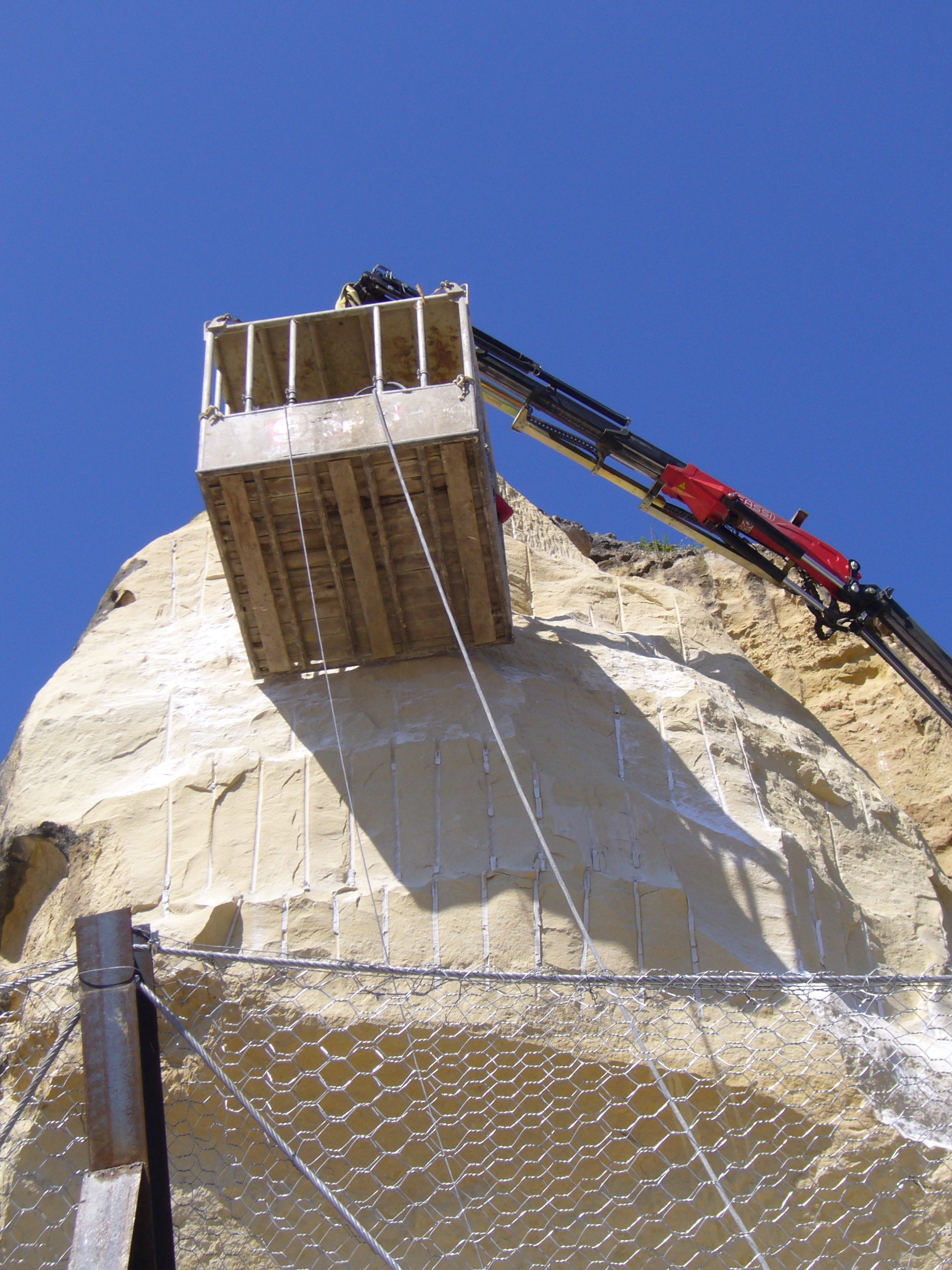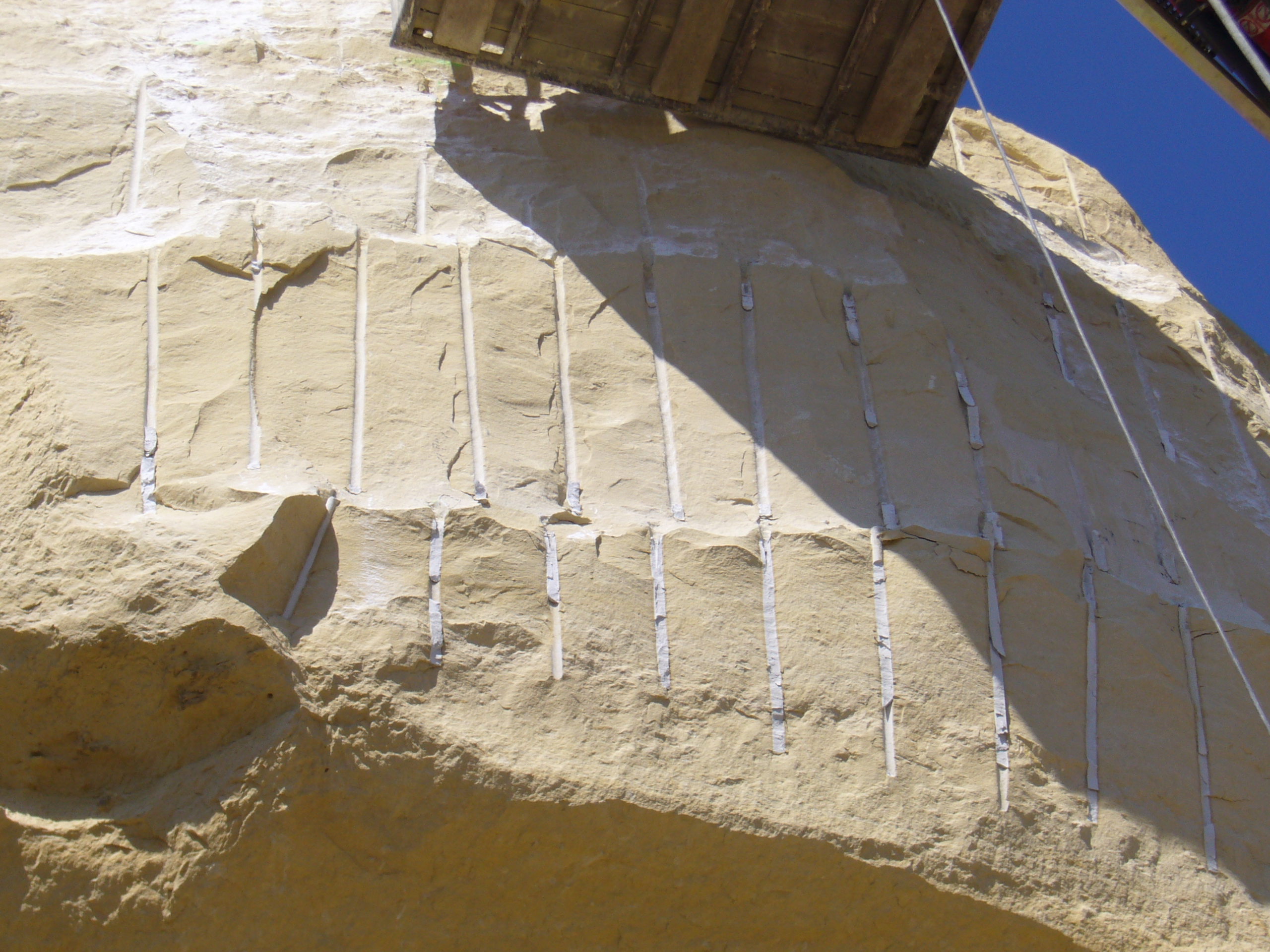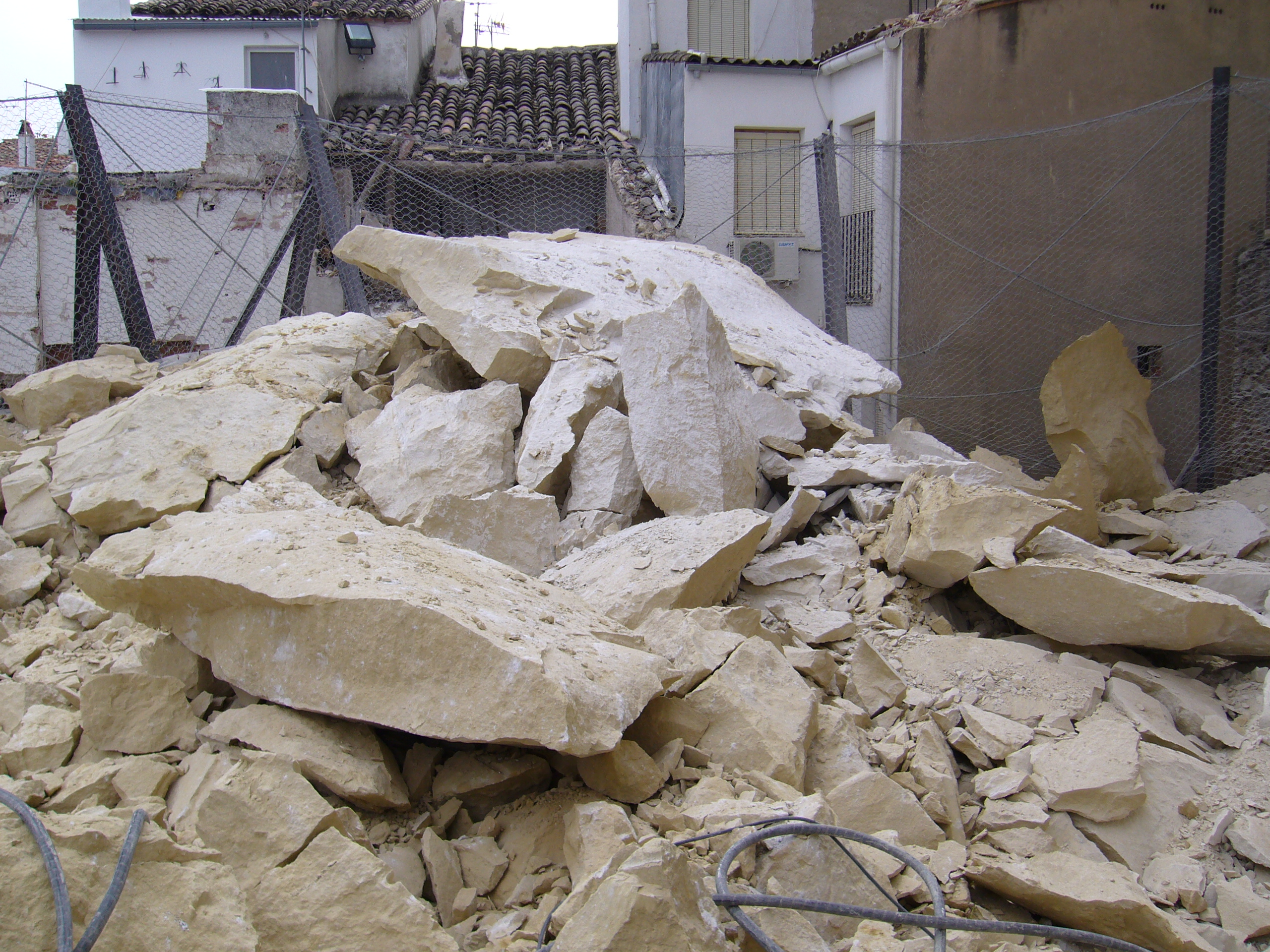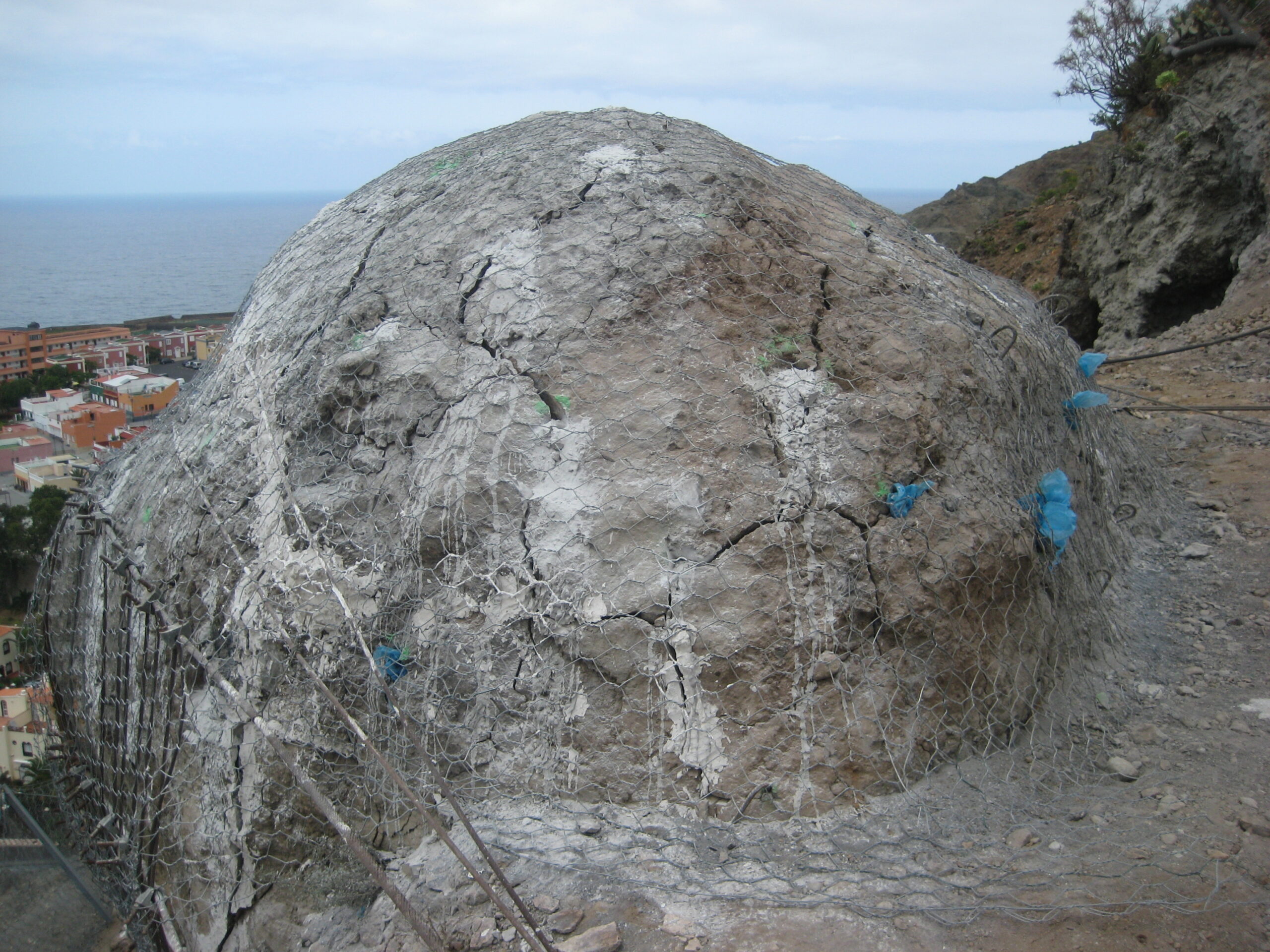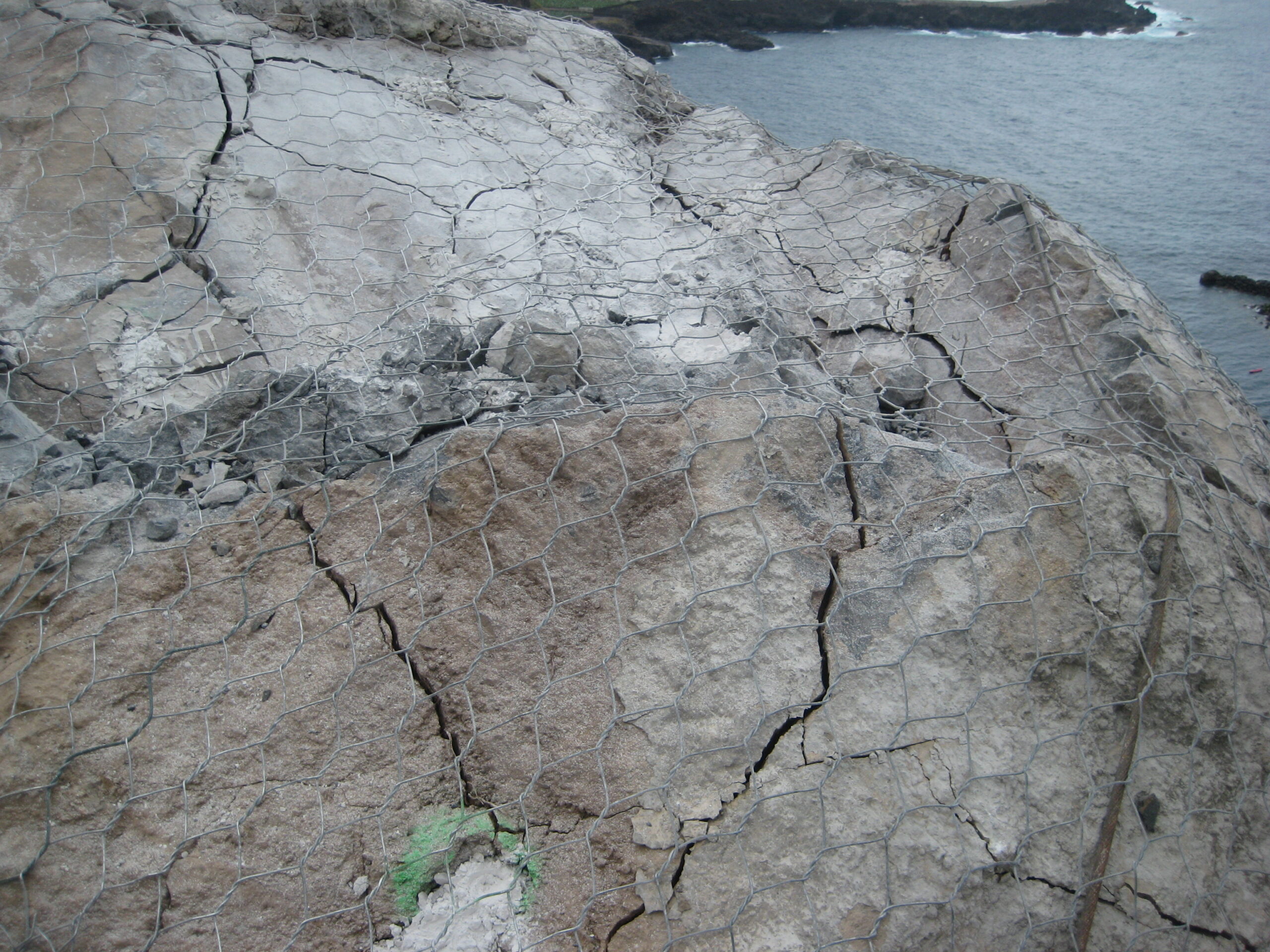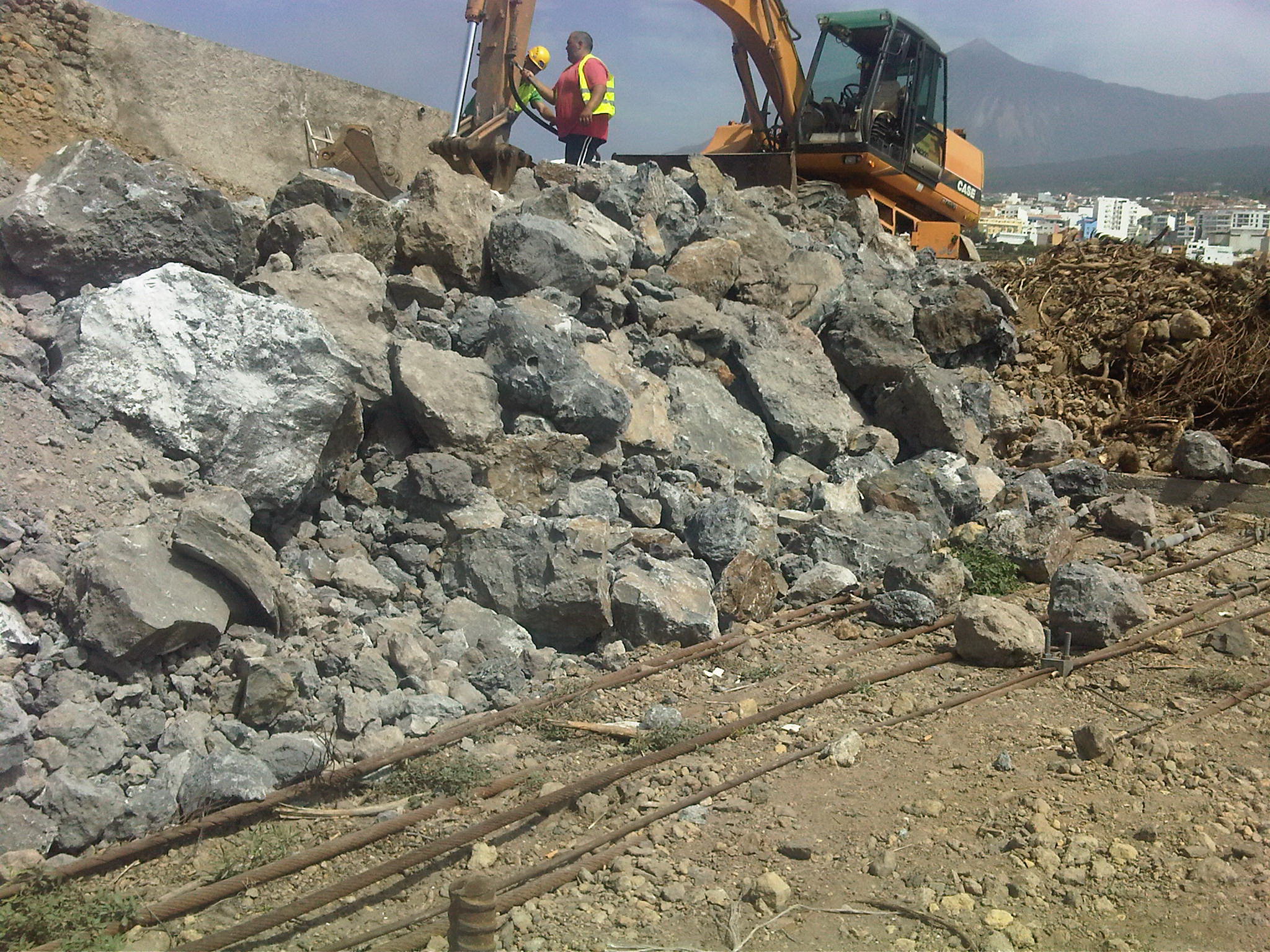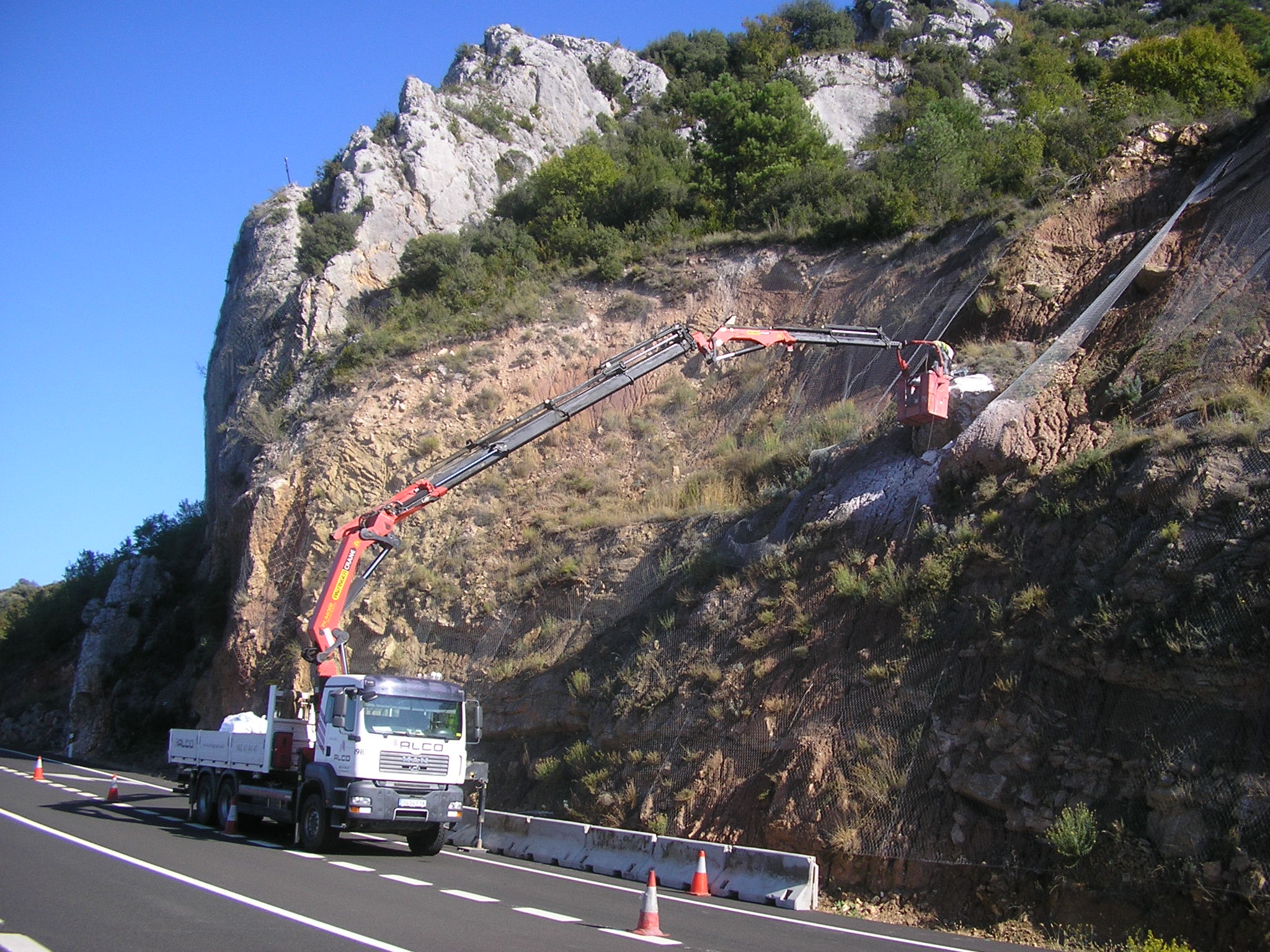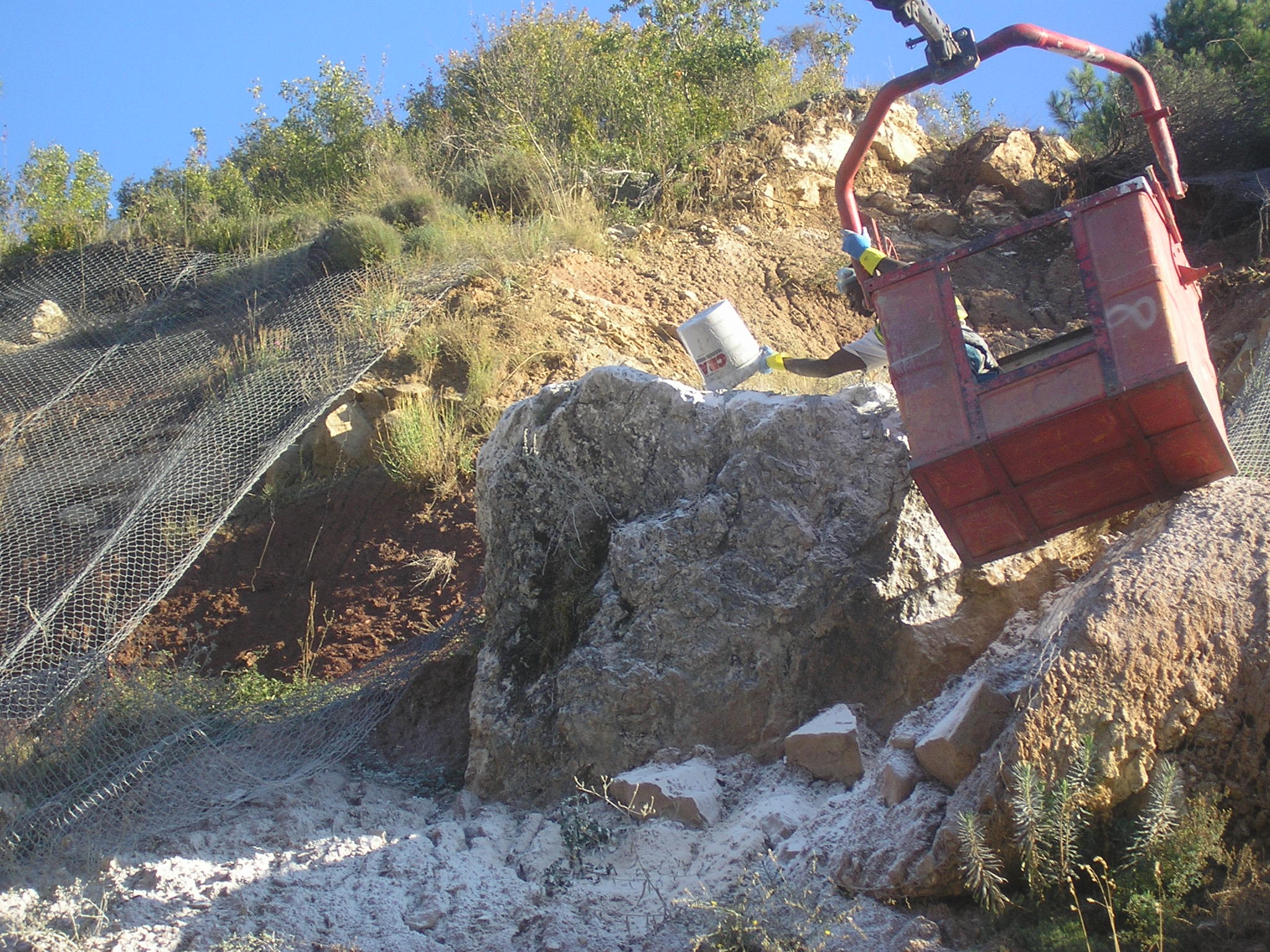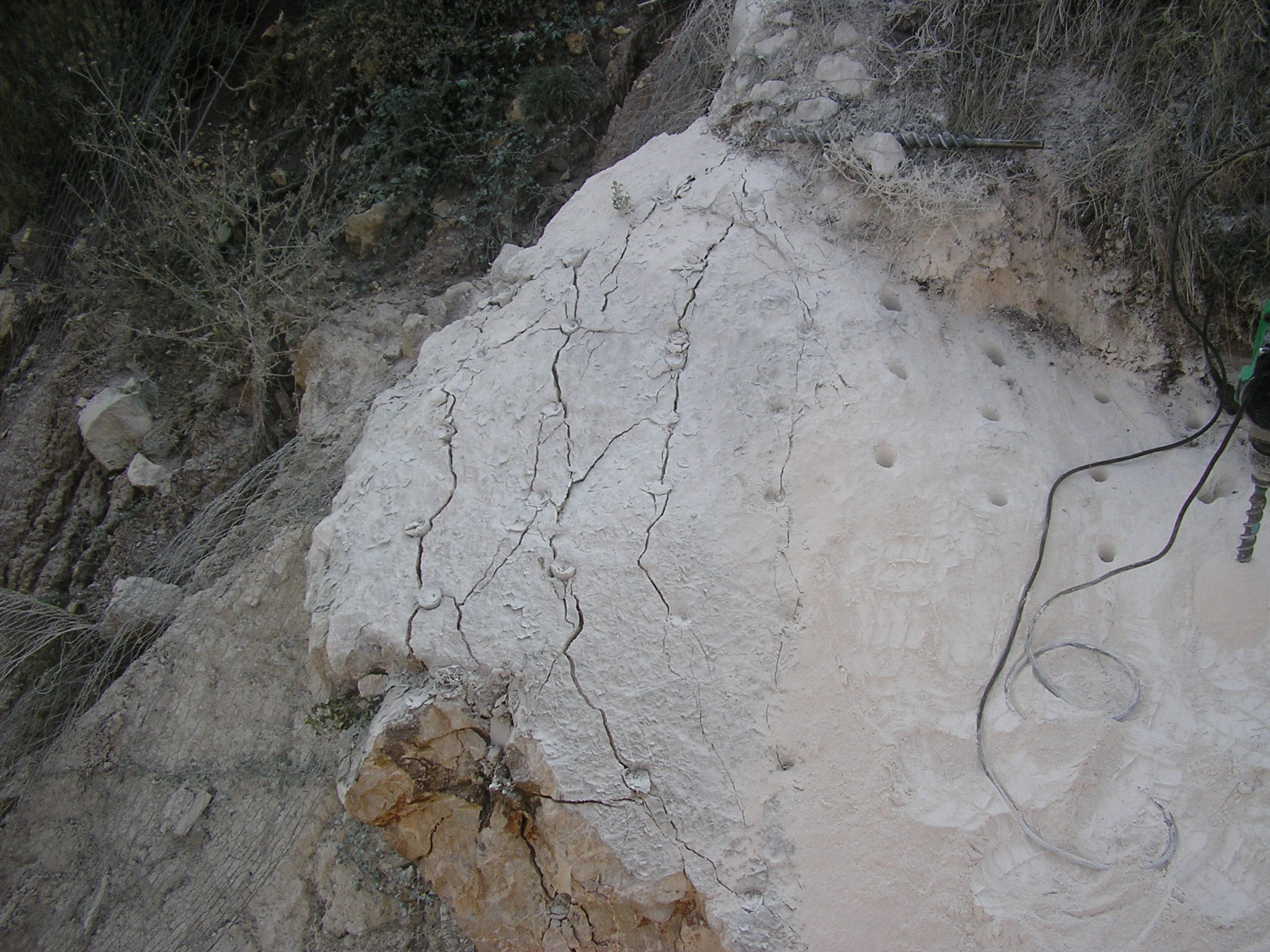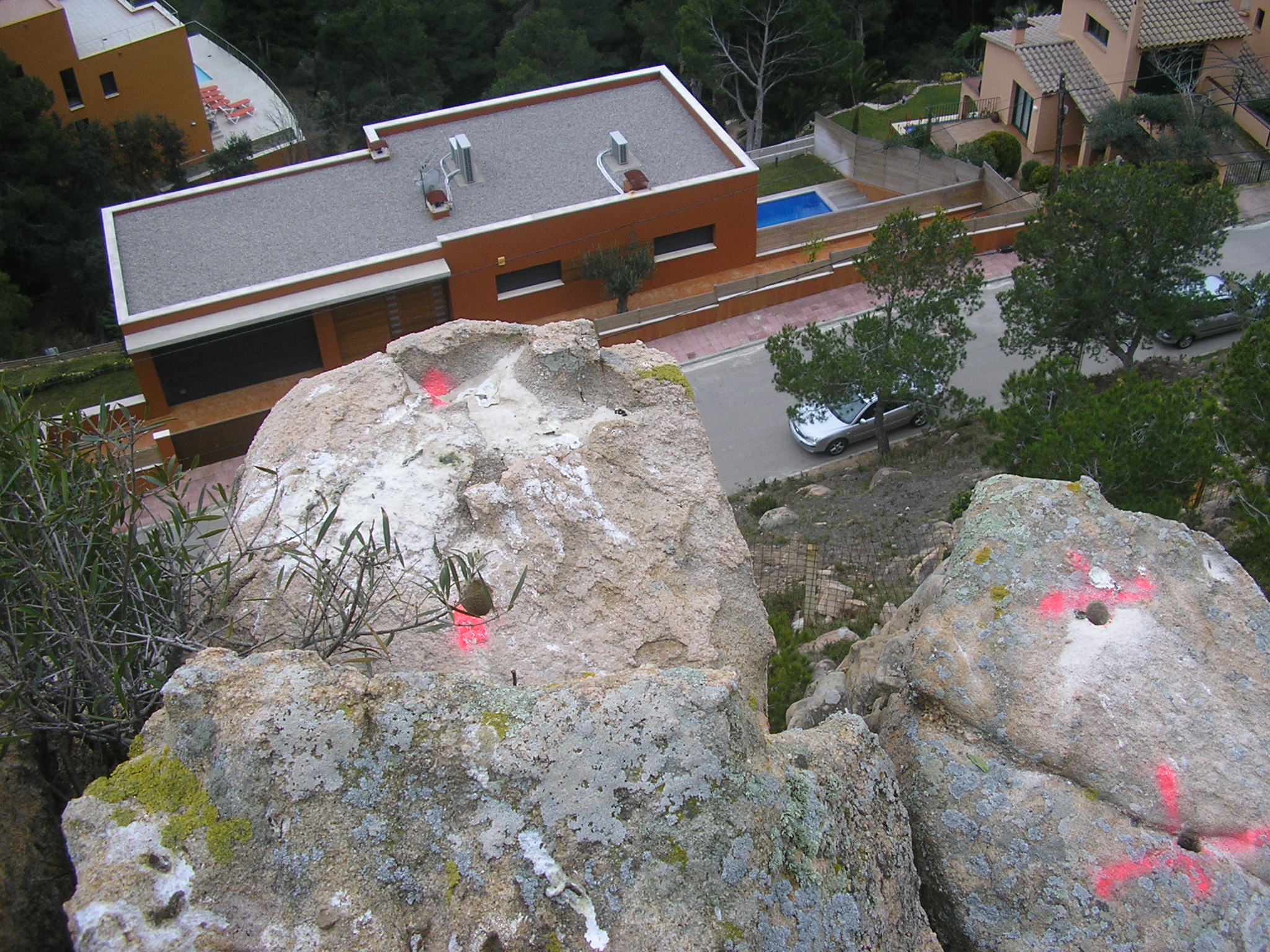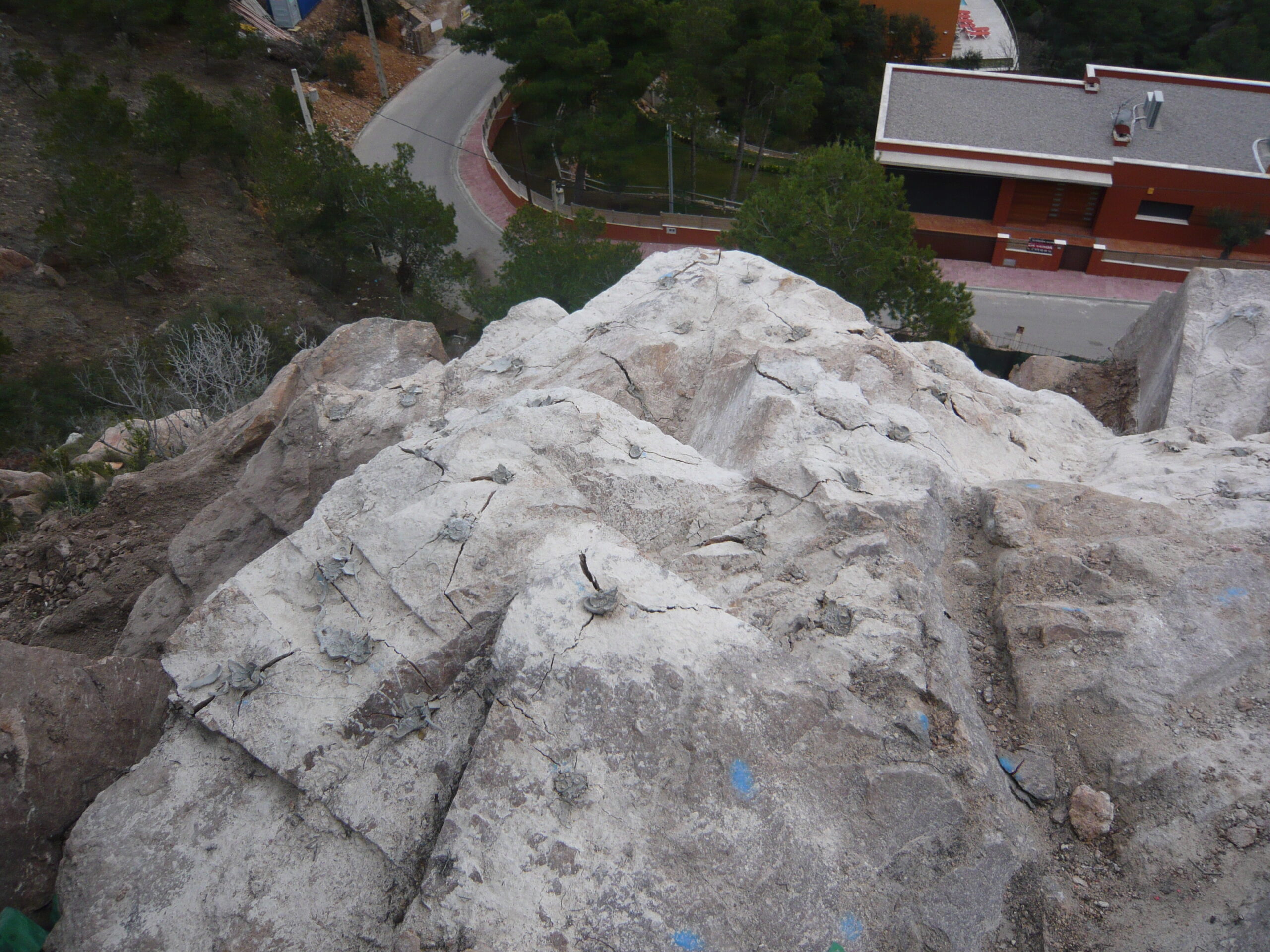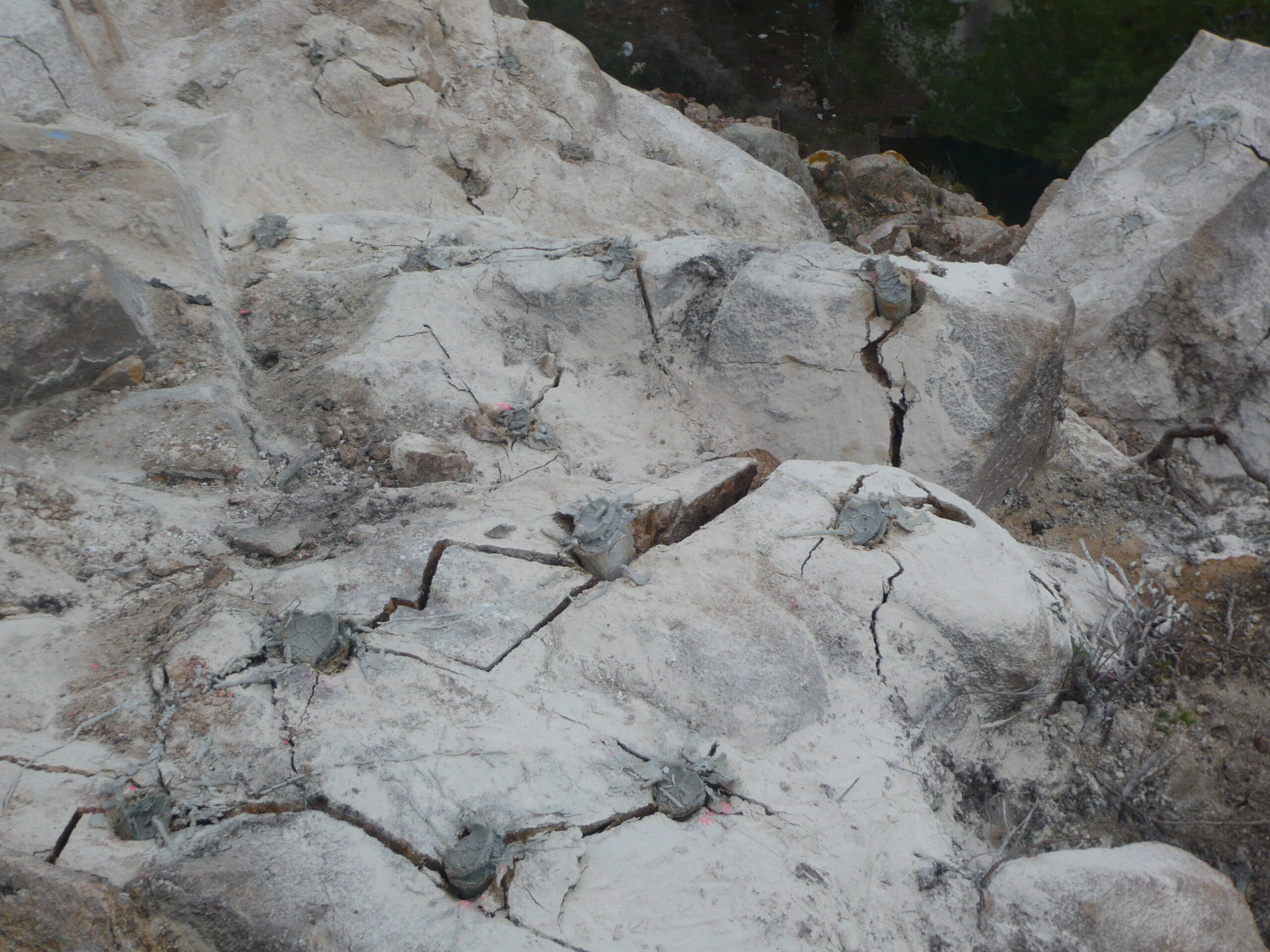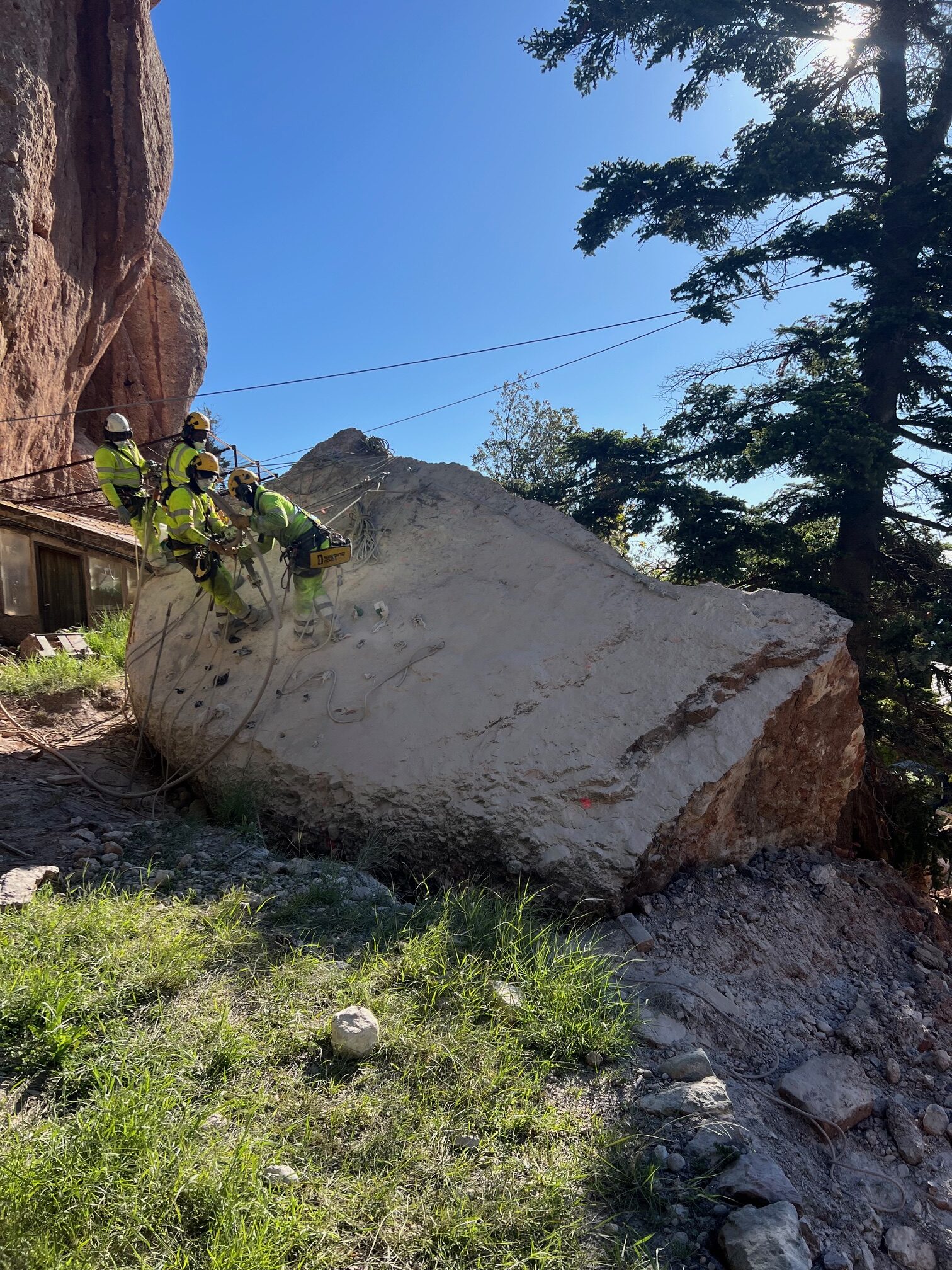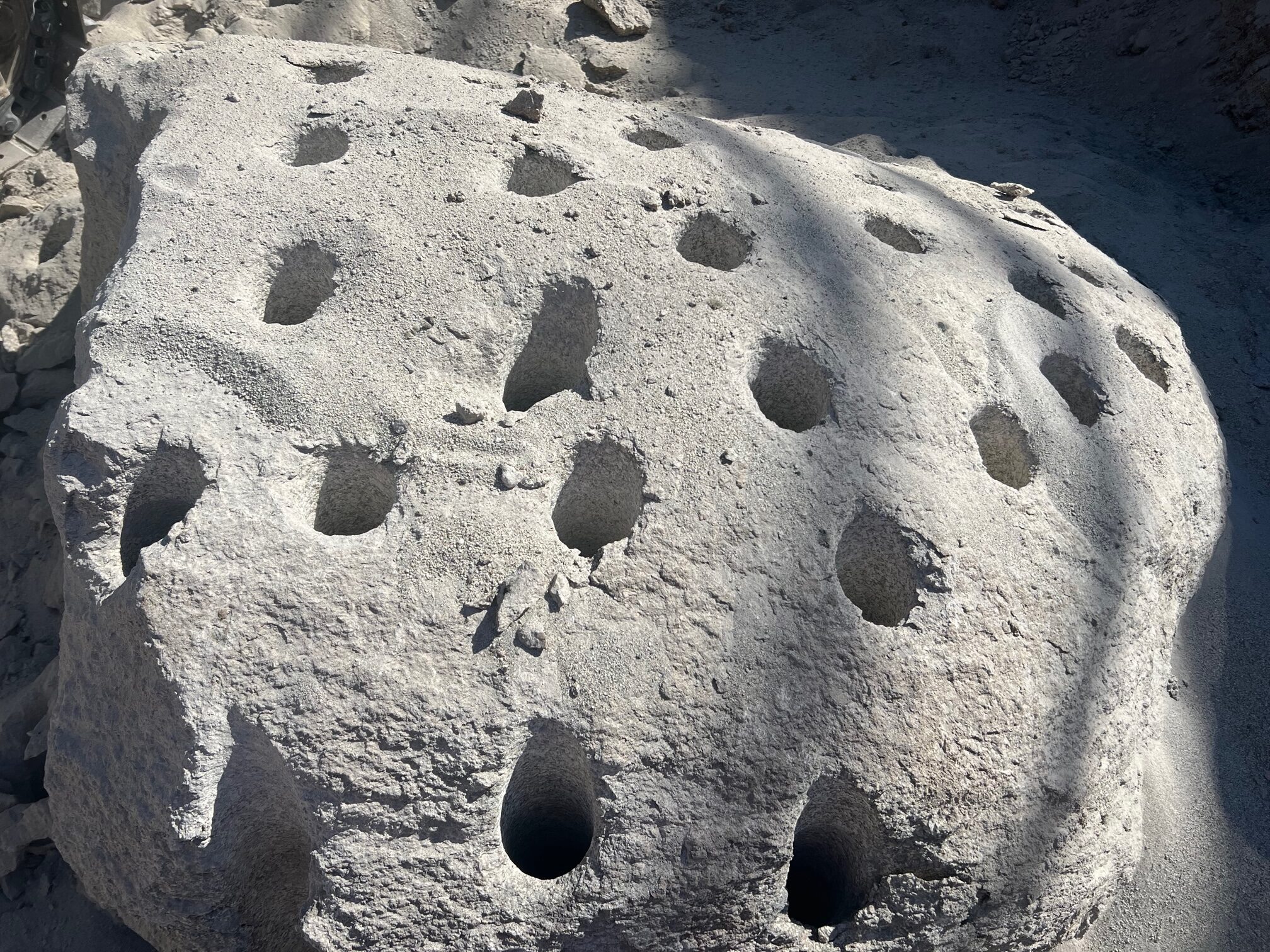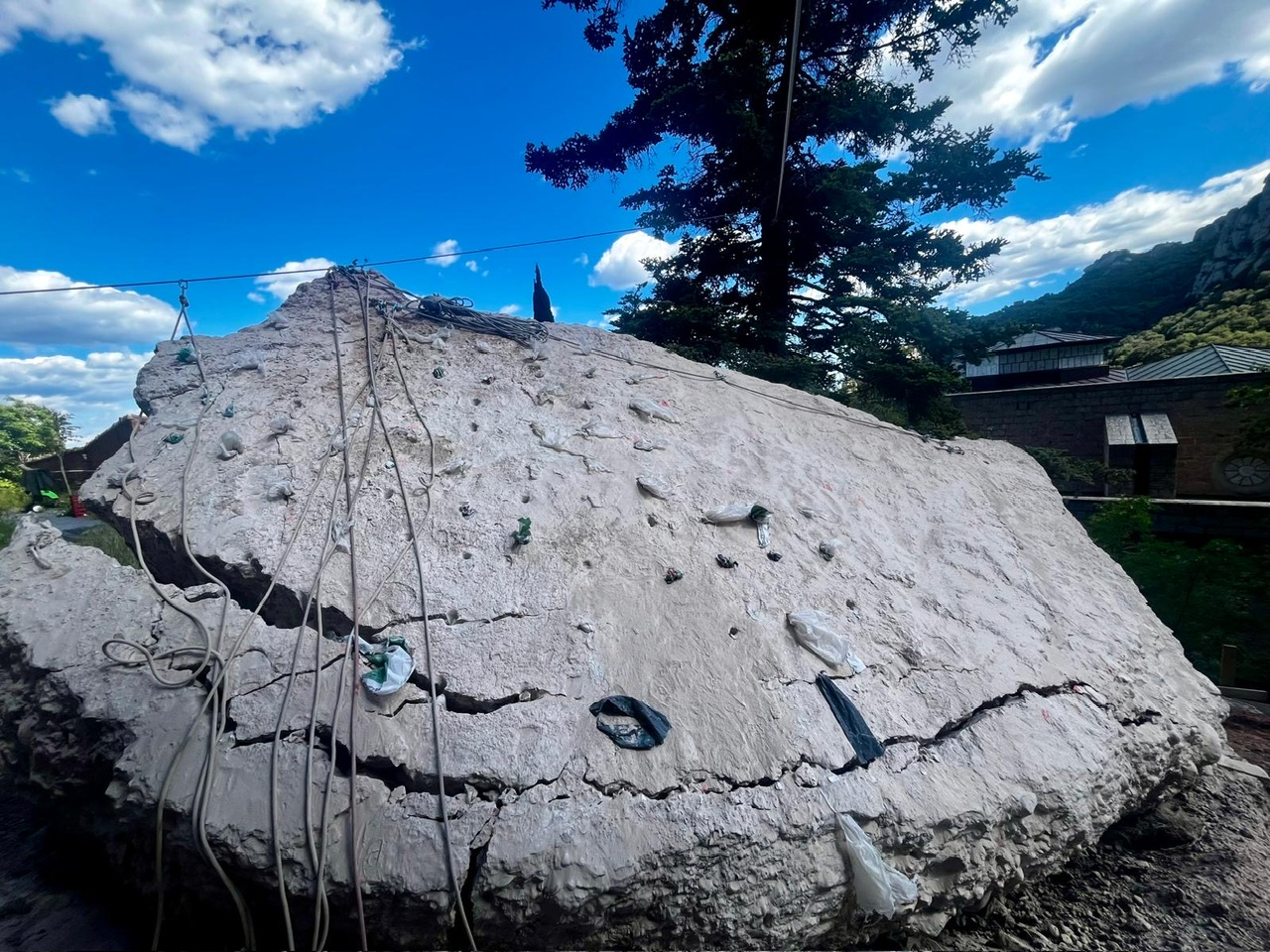CRAS expansive cement is used in emergency and difficult access construction sites thanks to its controlled and non-explosive expansion characteristics. In these environments, where precision and safety are crucial, CRAS allows demolition to be carried out without the need for explosives or heavy machinery, which is particularly useful in confined or hard-to-reach areas.
The general process involves drilling rock or concrete, mixing CRAS with water and pouring it into the boreholes. The chemical reaction of the CRAS generates an expansive pressure that fractures the rock or concrete safely and quietly, without generating vibrations or hazardous waste.
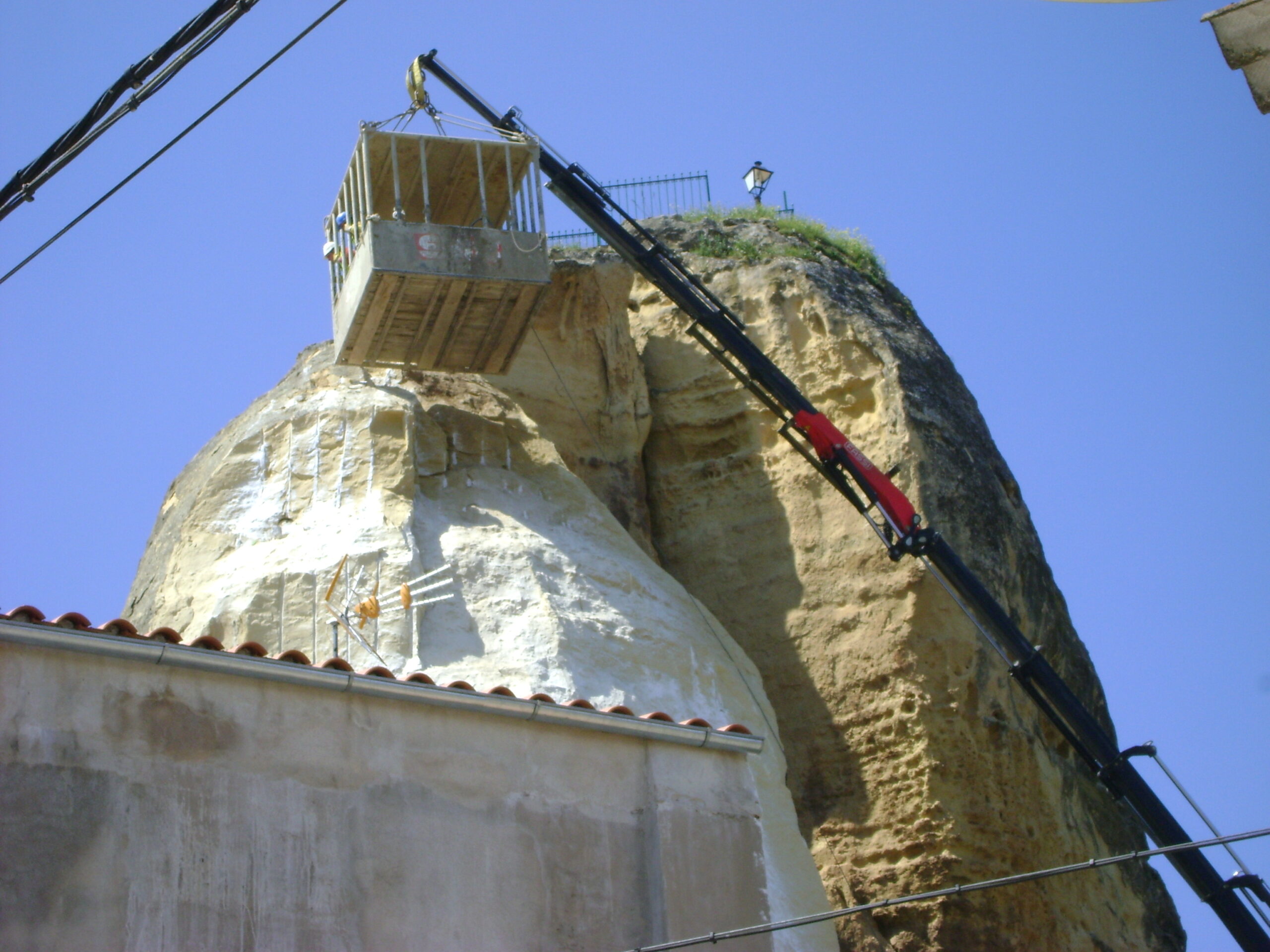
Advantages
It does not generate explosions or vibrations, reducing the risk of accidents.
Allows detailed control over the demolition process.
Faster than traditional methods such as the use of pneumatic hammers.
Less need for heavy machinery and fewer work interruptions.
No pollutants or hazardous waste.

Security

Accuracy

Efficiency

Low enviromental impact
Forms of use
Controlled demolition
Ideal for demolition in urban areas or enclosed spaces where the use of explosives is restricted.
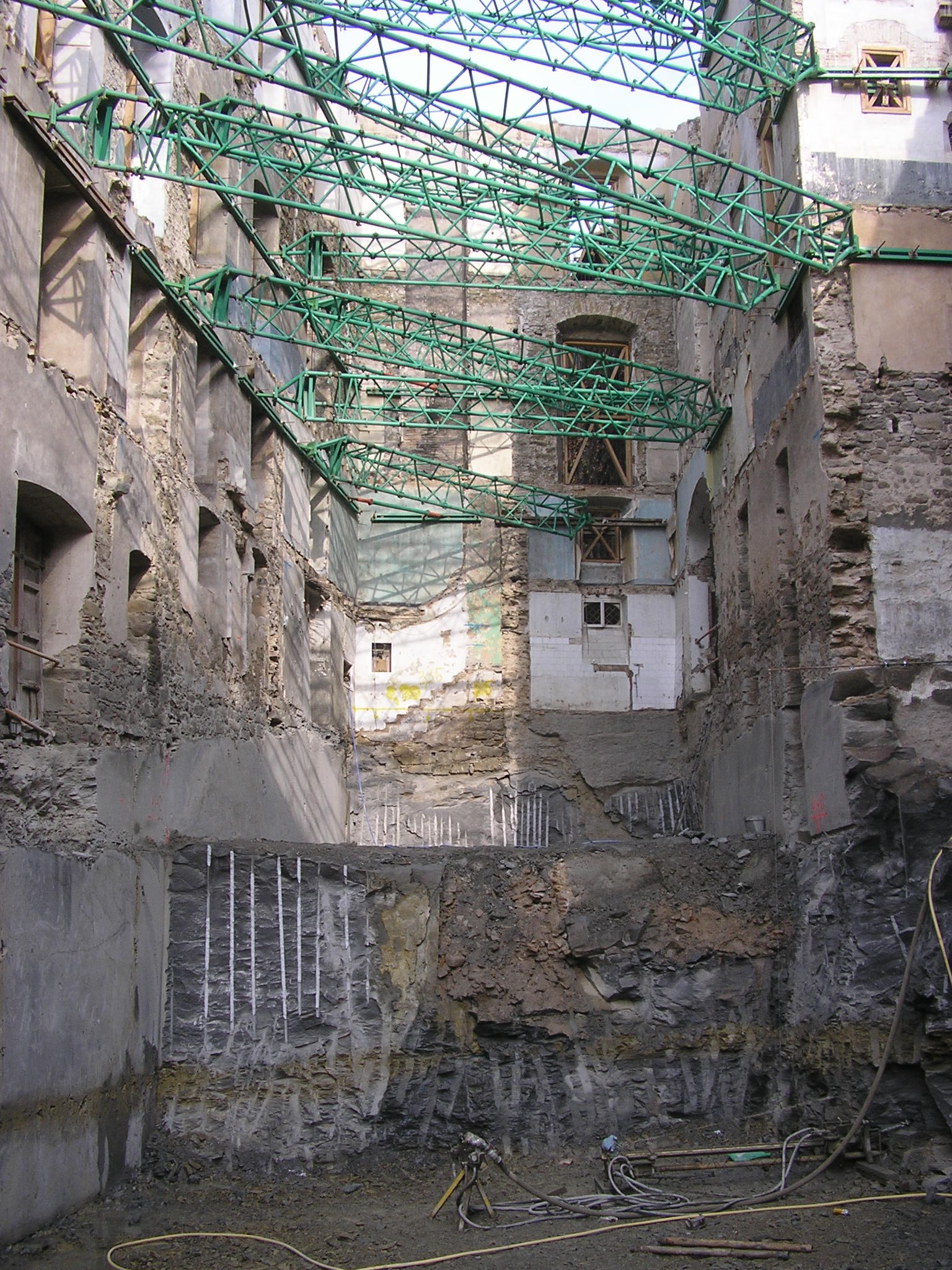
Underground works
Used in tunnels and mines, where safety and structural stability are paramount.
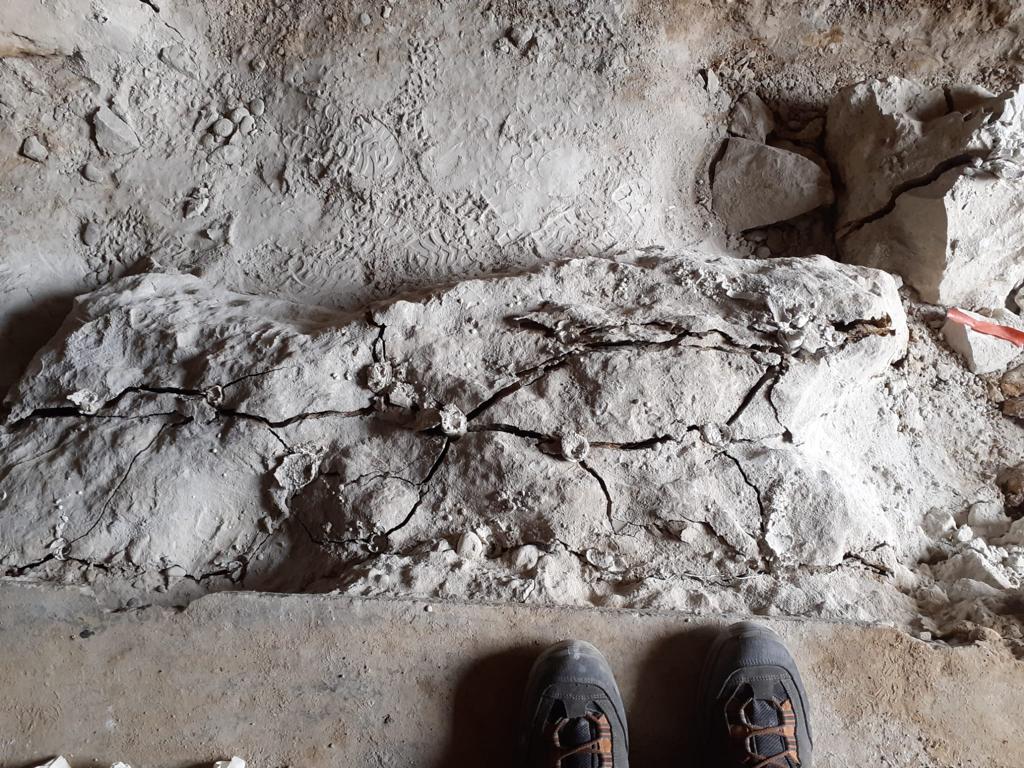
Gallery
Frecuently asked questions
CRAS is an expansive cement used for the controlled demolition and fragmentation of rock and concrete without the need for explosives. Its controlled expansion causes fracturing of the materials to which it is applied.
When CRAS is mixed with water and applied to boreholes made in rock or concrete, the cement expands, generating internal stresses that eventually cause the material to fracture within 24 hours.
Need any help?
If you would like to know more about our services, please do not hesitate to contact us.
Read more